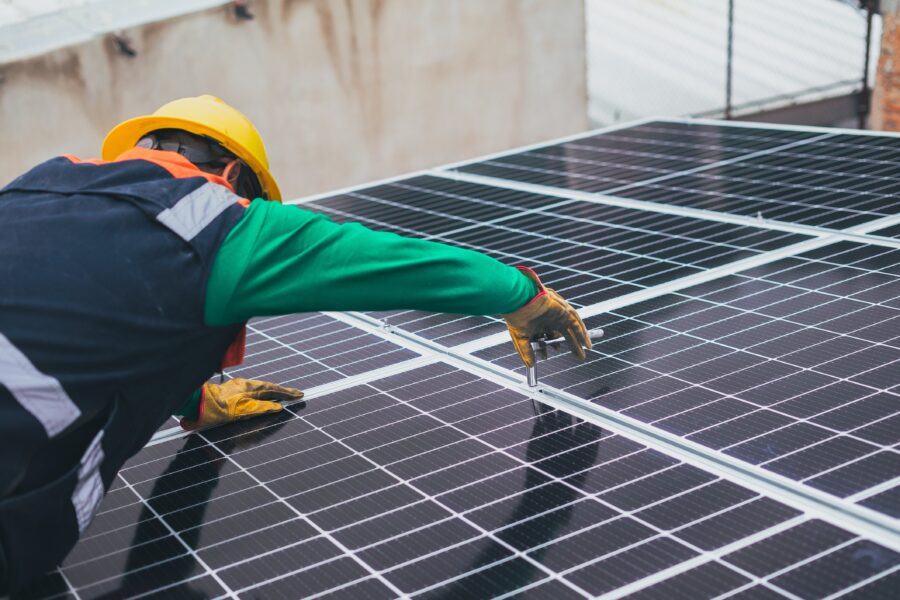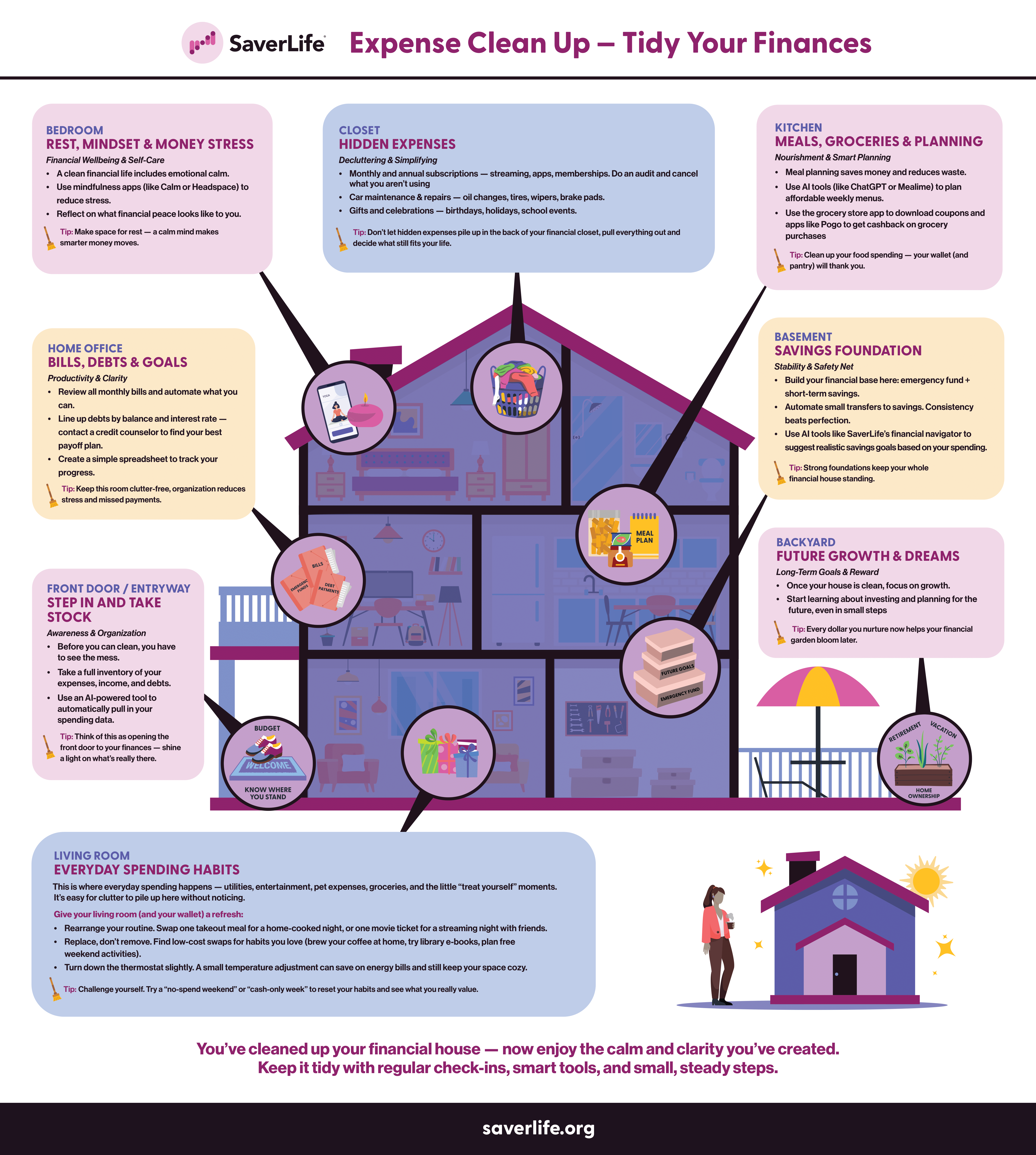
Over the past few years, people have become more willing than ever to change jobs to find a better fit for themselves and their families. In fact, 53% of people are thinking about switching jobs, and 44% are already planning to make the switch.
If you’re ready to switch jobs or are looking for a new career path, you may be able to boost your income with a clean energy job. Let’s look at this industry to see if it’s a good fit for you!
Why should I consider a clean energy job?
If you’re considering switching jobs, it’s important to explore industries or job opportunities that are growing. One sector of the economy that’s experiencing growth is the clean energy sector, with every state seeing an increase in jobs in this area. In 2022, clean energy jobs grew 3.9% nationally, with 114,000 new jobs. Data shows clean energy jobs pay 8-19% more than the national average.
Why are clean energy jobs being created?
The increase in clean energy jobs is partly due to the Inflation Reduction Act of 2022. This act emphasizes clean energy and clean technology. It’s estimated that through the Inflation Reduction Act, 5 million jobs will be created in clean energy.
The Inflation Reduction Act was passed by President Biden’s administration in August of 2022. The goal of the Inflation Reduction Act, as stated by the White House, is to help “the United States meet its climate goals and strengthen energy security, investing in America to create good-paying jobs, reducing energy and health care costs for families, and making the tax code fairer.”
This focus on clean energy and shifting the economy to more sustainable energy sources has increased the number of jobs in the clean energy industry.
What jobs are being created?
Several sectors are experiencing a growth in clean energy jobs.
The Inflation Reduction Act incentivizes companies that use larger vehicles like vans or trucks to switch to clean vehicles by giving a 30% tax credit to companies that make the switch. This credit helps cover the cost of buying commercial vehicles that run on clean energy.
This, and the general desire of the population to shift to clean vehicles, has created an increase in demand for workers.
The sector added 28,000 jobs in 2022, a 27% increase. Jobs in the clean vehicle sector grew 17 times faster than jobs in the gas and diesel vehicle sector during the same period.
With this rapid growth, this sector provides an opportunity to boost your income with a clean energy job.
Other clean energy sectors are also experiencing growth.
- The solar power industry added 12,000 new jobs in 2022, an increase of 3.7%. Both wind and geothermal energy sectors have experienced growth as well.
- Wind energy saw job growth of 4.5%, with 5,000 new jobs created.
- Geothermal energy saw growth of 5%, with 1,000 new jobs created.
These new jobs are a good sign that you could boost your income with a clean energy job.
Where are clean energy jobs located?
While clean energy jobs are becoming more prevalent nationwide, three states are seeing the most rapid growth.
In 2022, California added 13,000 clean energy jobs, West Virginia added 7,000, and Texas added 5,100.
If you live in one of these states or you’re open to relocating, you could potentially boost your income with a clean energy job.
What do you need to work in clean energy?
Paths to working in clean energy are diverse, and it depends on what job you want to hold.
Having a strong background in math and science will be helpful, but it’s important to note that 45% of clean energy jobs only require a high school diploma, according to Brookings Institution research. Positions like technicians, foremen, sales, and installation tend to focus on applicable experience and/or on-the-job training.
Other jobs in this sector will require an associate’s or bachelor’s degree:
- If you want to work on the research and development side of clean energy, you’ll likely need a bachelor’s or even a master’s degree in engineering, focusing on mechanical, electrical, or chemical engineering. You could also consider bachelor’s or master’s degrees in science focusing on biology, physics, or chemistry.
- If you want to work on the business side of the industry, consider a degree in business, accounting, finance, communications, or journalism.
Beyond school, you might need to obtain other certifications or licenses to work in clean energy. Professional organizations like the Association of Energy Engineers offer specialized certifications for those working in clean energy.
The exact certifications or licenses you may need will vary based on your position. But it’s important to understand the job requirements and be able to obtain the necessary certifications or licenses so you’re prepared to do the job.
Lastly, before you make the switch to a clean energy job, make sure to go into your job search knowing what you’re looking for and whether or not you’re willing to relocate if you find the right position. Switching careers can be exciting and nerve-wracking; however, if you’re ready to change positions and increase your income, getting a clean energy job might be the answer.


